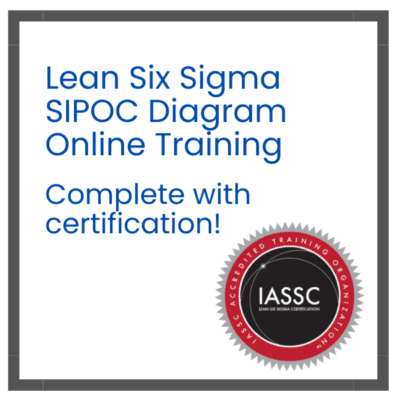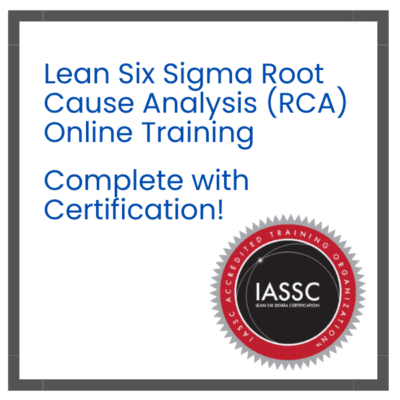What is the Economic Order Quantity (Economic Order Quantity)?
The economic order quantity (EOQ), also known as the optimal quantity, is the number of units that a company should order to meet its demand and minimize inventory expenses such as holding costs. This production-scheduling model was developed in 1913 by Ford W. Harris and has been refined over time. The economic order volume formula assumes demand, ordering, and holding costs are all constant.
The Economic Order Quantity Can Tell You a Lot
The EOQ formula’s goal is to determine the optimal number to order. A company’s costs can be minimized by achieving the EOQ formula. The EOQ formula is flexible and can be changed to determine different levels of production or order intervals. Corporations with supply chains that have high variable costs also use an algorithm to determine EOQ.
EOQ is an important tool for cash flow. This formula helps a business control the amount of cash that is tied up in its inventory balance. Inventory is the largest asset of many businesses, other than their human resources. These companies must have enough inventory to satisfy customers’ needs. The cash saved by EOQ could be used to invest in other areas of the business or for another purpose.
The EOQ Formula is used to determine the inventory reordering point for a business. If the EOQ model is applied to the business process, it will trigger the ordering of more units when inventory falls below a certain threshold. The business can avoid running out of stock by determining the reorder point. A shortage cost is the revenue that is lost if the business runs out of stock. A shortage of inventory can also result in the loss of a customer or a client who orders less.
Limitations to EOQ
This formula is based on the assumption that demand for goods and services will remain constant. The formula is unable to take into account business events like changing consumer demand, changes in seasonal inventory costs, sales revenue lost due to shortages of inventory, or discounts for purchasing larger quantities.


















